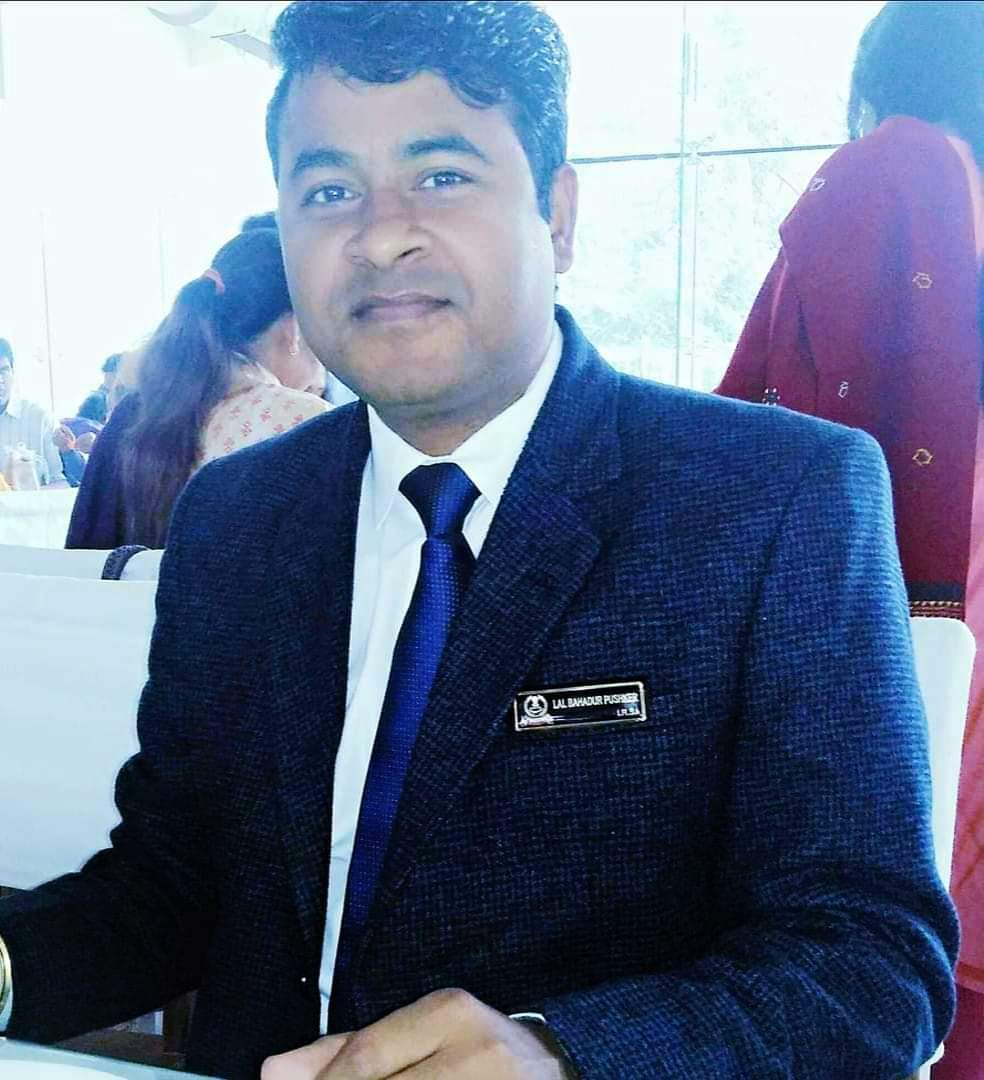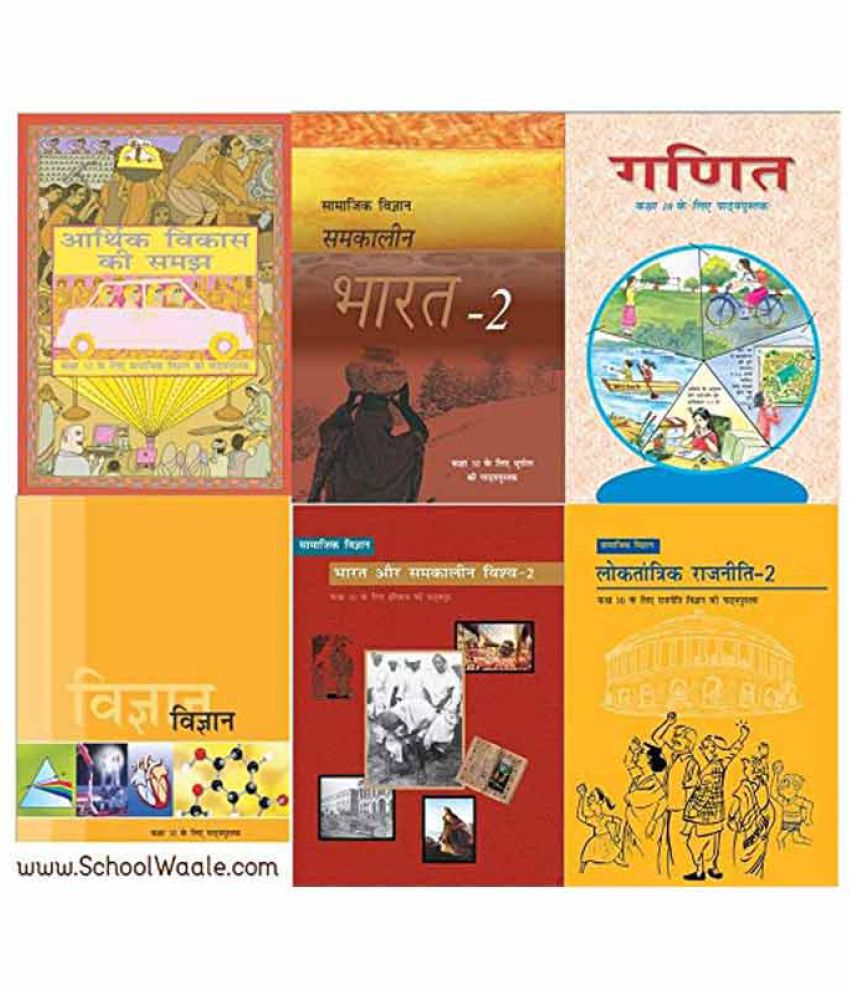The Union Public Service Commission (UPSC) deferred the Personality Tests, which is the interview round, of the candidates of the Civil Services Examination (CSE) 2020 to 18 June 2021. This round was initially scheduled for 26 April 2021.
While this move might prove to be a burden for some candidates, others might see it as a boon given that they now have some more time to prepare for the interview phase. The Better India caught up with Indian Revenue Service Officer Lal Bahadur Pushker, who cleared the UPSC CSE in 2015 and is currently posted as the Deputy Commissioner Income Tax, Mumbai.
Having prepared and appeared for the UPSC CSE and the interview in Hindi, Pushker speaks about some of the ways in which candidates appearing for the examination in their regional languages can excel.
A questioning mind

Pushker came from a family with a very modest background in Mirapur village, Allahabad. Rather early on in life, Pushker also contracted polio because of which his left foot got partially affected.
Pushker never tired of asking questions and attributes a lot of the success that he managed to achieve to this nature of his. “Whether it was during my years in school as a student or later on when I was preparing for the UPSC CSE examination, I never gave up on questioning things. The desire to find out why something was the way it was is something that was always in me,” says Pushker, who studied at JNU, Delhi as well.
“The stint in Delhi sealed the deal for me. That was when the desire to appear for the UPSC CSE was sown,” he says.
“About 70 per cent of the questions that aspirants are asked during their interview is from the Detailed Application Form (DAF) that you fill out. Make sure you are well-versed in whatever you fill out. Questions will be asked from what you have filled out, to begin with,” says Pushker. In his own interview, Pushker was asked about his village, the implementation of the Swachh Bharat Mission, the demography of the village and other such questions. For example, given that Pushker studied at Jamia Millia Islamia, the interviewers asked him about the establishment of the institution.
“Not knowing about things that you have filled out in the DAF does not bode well for the aspirant. Interviewers expect aspirants to know their own DAF in and out,” says Pushker.
During the time Pushker was at JNU in 2013, he says that when he was preparing for the interview stage of the UPSC CSE, he made numerous copies of his DAF and requested 10 of his friends to jot down 25 questions each to ask him. “I would seat myself in the Godavari hostel canteen and over several cups of tea, answer more than 100 questions that would be posed to me by my juniors. That helped look at my own DAF from so many different angles,” he says. At the end of it all Pushker had answered more than 250 questions that the juniors had made based on the DAF and allied topics.
“This kind of preparation held me in very good stead during the actual interview, where I did not falter or stop to think even once,” says Pushker. He adds, “If you have been called for the interview, UPSC considers you as a potential IAS/IRS officer candidate and therefore you must exude the same confidence when you walk in for your interview,” he says.
English or Regional Language – Strategy remains the same

Pushker details the following points to note during the interview:
- It does not matter which regional language you chose to appear for the UPSC CSE from. Make sure that your basic understanding of the concepts being tested is strong. NCERT textbooks are available in various regional languages.
UPSC does not discriminate on the basis of which language you appear with. All that matters is that you get the requisite marks and clear the UPSC CSE written examination well. - While a majority of the UPSC CSE aspirants rely on The Hindu for their General Studies material, reading a good regional language newspaper is good to get a fair understanding of everything happening in the world around us.
- Rely on YouTube videos that explain news, general study content well online. Find the free online resources and use them to your advantage.
- Honesty, integrity and being secular are the virtues that the interviewers look for in candidates. It does not matter whether you communicate in English or a regional language. The emphasis is on your character.
Some free online resources:
Vision IAS – Pushker says that Vision IAS has uploaded content material, both in English and Hindi, many of which are also free of charge. These are extremely helpful for aspirants when they are preparing for the examination.
Drishti – Yet another medium which is available in both English and Hindi. There are several YouTube videos as well that aspirants can use while preparing for the examination.
Insight IAS – Pushker personally recommends using Insight IAS as it is free of charge and has very comprehensive content for those preparing for the examination. Their periodic test series are also very useful for aspirants. There are also expert articles and videos from which one can benefit immensely.
(Edited by Yoshita Rao)
No comments:
Post a Comment